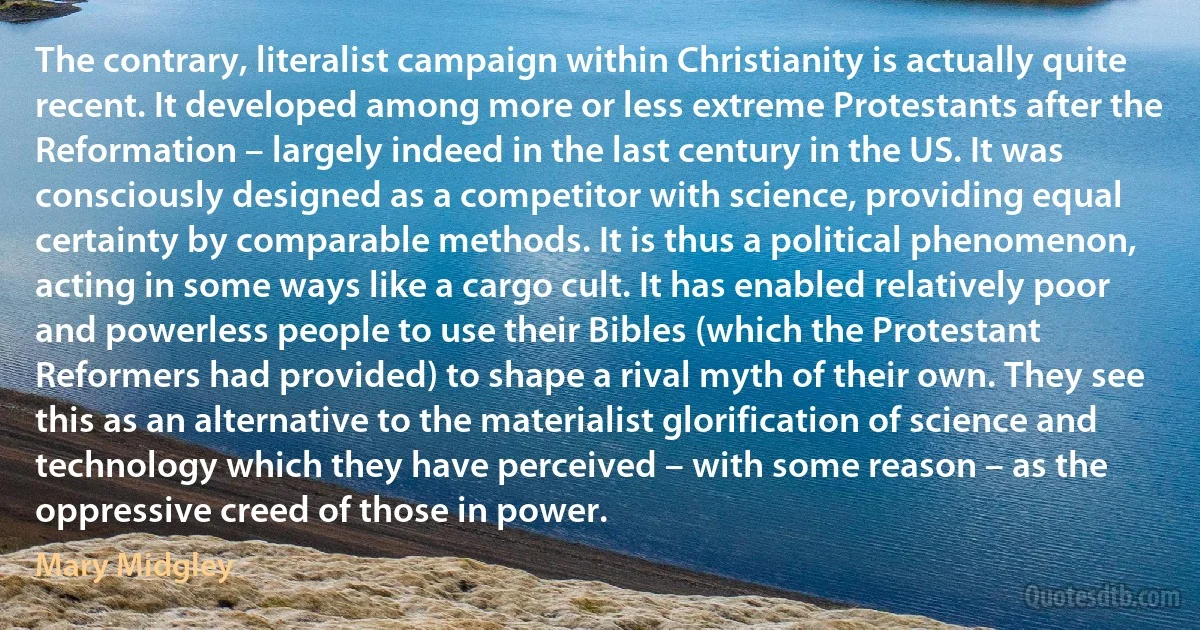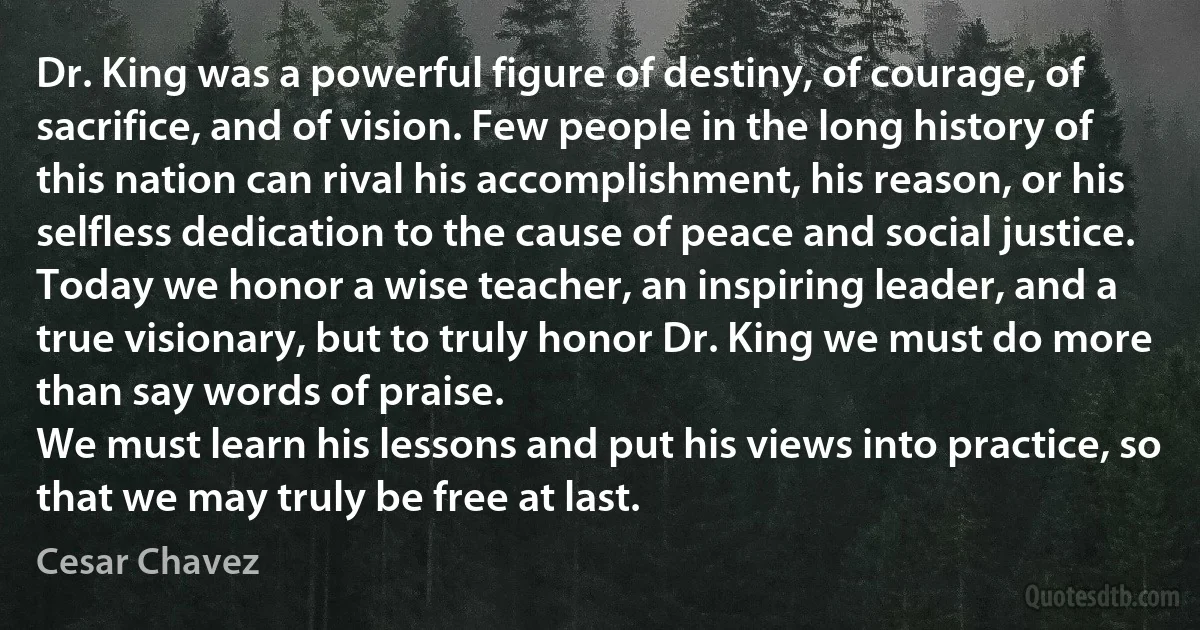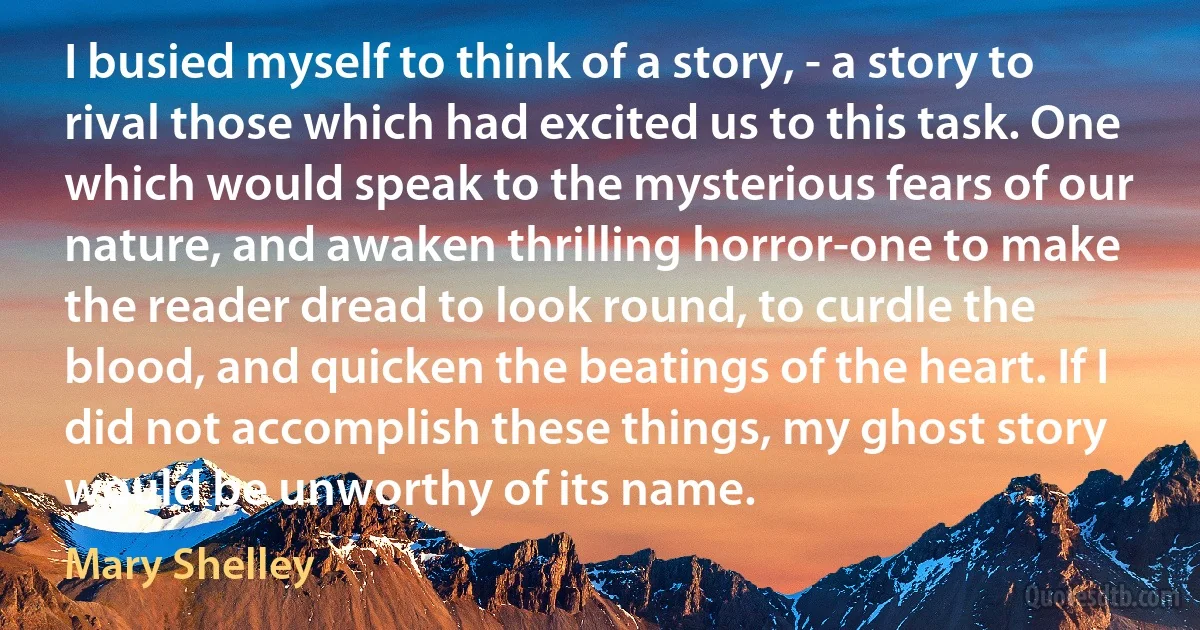Rival Quotes - page 4
I at least had some knowledge of the warping, mutating power of the Lords of Disorder, the supernatural entities who on John Daker's Earth would be called Arch-Demons, the Dukes of Hell. I knew that they made use of our most treasured virtues and most honoured emotions. That they were capable of almost any illusion. And that all that was keeping them from pouring forth from their stronghold to engulf so many other Realms of the multiverse was their caution, their unreadiness or unwillingness to war against the rival power of Law. But if we humans invited them to our realms, they would come.

Michael Moorcock
And when you maintain this sense of peace and you live by truth, by integrity, these things don't bother me. It doesn't. I have been experiencing moribund type experiences most of my life. I could have died many a times. I could have died when I was shot. I could have died when I was shot at by the police and rival gang members. There were many opportunities for me to die. Of course, I don't want to die. I mean, after my redemption I have what I consider to be a joie de vivre, so, you know, I have an enjoyment, a love for life. So that's why I can calmly sit here and speak to you or anyone else with peace in my heart and peace in my mind. I don't get rattled. Nothing can rattle me. Nothing will ever rattle me. I have been rattled the majority of my life.

Stanley Williams
The world at present is obsessed by the conflict of rival ideologies, and one of the apparent causes of conflict is the desire for the victory of our own ideology and the defeat of the other. I do not think that the fundamental motive here has much to do with ideologies. I think the ideologies are merely a way of grouping people, and that the passions involved are merely those which always arise between rival groups. Ideologies, in fact, are one of the methods by which herds are created, and the psychology is much the same however the herd may have been generated.

Bertrand Russell
There would be no import duties upon the supplies, machinery, etc., going from the States. The effect that would have been produced upon Cuban commerce, with these advantages to a rival, is observable at a glance. The Cuban question would have been settled long ago in favor of "free Cuba." Hundreds of American vessels would now be advantageously used in transporting the valuable woods and other products of the soil of the island to a market and in carrying supplies and emigrants to it. The island is but sparsely settled, while it has an area sufficient for the profitable employment of several millions of people.

Ulysses S. Grant
Spinoza, then, emerged as the supreme philosophical bogeyman of Early Enlightenment Europe. Admittedly, historians have rarely emphasized this. It has been much more common, and still is, to claim that Spinoza was rarely understood and had very little influence, a typical example of an abiding historiographical refrain which appears to be totally untrue but nevertheless, since the nineteenth century, has exerted an enduring appeal for all manner of scholars. In fact, no one else during the century 1650–1750 remotely rivalled Spinoza's notoriety as the chief challenger of the fundamentals of revealed religion, received ideas, tradition, morality, and what was everywhere regarded, in absolutist and non-absolutist states alike, as divinely constituted political authority.

Baruch Spinoza
This tendency, however, to ascribe an universality of genius to great men, led Dryden to affirm, on the strength of two smart satyrical lines, that Virgil could have written a satire equal to Juvenal. But, with all due deference to Dryden, I conceive it much more manifest, that Juvenal could have written a better epic than Virgil, than that Virgil could have written a satire equal to Juvenal. Juvenal has many passages of the moral sublime far superior to any that can be found in Virgil, who, indeed, seldom attempts a higher flight than the sublime of description. Had Lucan lived, he might have rivalled them both, as he has all the vigour of the one, and time might have furnished him with the taste and elegance of the other.

Charles Caleb Colton
In fact, the only person to rival Friedman for policy influence in the twentieth century is John Maynard Keynes, who had a strikingly different view of the role of government. Keynes was influential because he advocated more government intervention into what he perceived as poorly functioning private economies caught up in the Great Depression. In contrast to Keynes, Friedman put the main blame for the Depression on government failures, especially of monetary policy. Hence, the Depression did not make Friedman a fan of big government. He also found in the Federal Reserve's failure to prevent deflation an argument in favor of monetary rules. As the world evolved- with low inflation becoming the major mission of central banks and free markets and secure property rights becoming the main policies to promote economic growth-Friedman surely won the intellectual battle.

Robert Barro
Donald Trump lacks the temperament of be president. After all, this is an individual who mocked a disabled reporter, who attributed a reporter's questions to her menstrual cycle, who mocked a brilliant rival who happened to be a woman due to her appearance, who bragged about his marital affairs, and who laces his public speeches with vulgarity.

Mitt Romney
...the huge church [...] was thundering its gospel under her eyes.To have Niagara for a rival is no joke. Hazard spoke with no such authority; and Esther's next idea was one of wonder how, after listening here, any preacher could have the confidence to preach again. "What do they know about it?" she asked herself. "Which of them can tell a story like this, or a millionth part of it?"

Henry Adams
No one cared enough to criticise, except himself who soon began to suffer from reaching his own limits. He found that he could not be this - or that - or the other; always precisely the things he wanted to be. He had not wit or scope or force. Judges always ranked him beneath a rival, if he had any; and he believed the judges were right. His work seemed to him thin, commonplace, feeble. At times he felt his own weakness so fatally that he could not go on; when he had nothing to say, he could not say it, and he found that he had very little to say at best.

Henry Adams
Ministers look upon theaters as rival attractions, and most of their hatred is born of business views. They think people ought to be driven to church by having all other places closed. In my judgment the theater has done good, while the church has done harm. The drama never has insisted upon burning anybody.

Robert G. Ingersoll
Like all great churches, that are not mere store-houses of theology, Chartres expressed, besides whatever else it meant, an emotion, the deepest man ever felt,- the struggle of his own littleness to grasp the infinite. You may, if you like, figure in it a mathematic formula of infinity,- the broken arch, our finite idea of space; the spire, pointing, with its converging lines, to Unity beyond space; the sleepless, restless thrust of the vaults, telling the unsatisfied, incomplete, overstrained effort of man to rival the energy, intelligence and purpose of God. Thomas Aquinas and the schoolmen tried to put it in words, but their church is another chapter. In act, all man's work ends there;- mathematics, physics, chemistry, dynamics, optics, every sort of machinery science may invent,- to this favor come at last, as religion and philosophy did before science was born.

Henry Adams
It is difficult to pronounce on the opinion of the ministers of our Church as a body: one portion of them, by far the least informed, protests against anything which can advance the honour and the interests of science, because, in their limited and mistaken view, science is adverse to religion. This is not the place to argue that great question. It is sufficient to remark, that the best-informed and most enlightened men of all creeds and pursuits, agree that truth can never damage truth, and that every truth is allied indissolubly by chains more or less circuitous with all other truths; whilst error, at every step we make in its diffusion, becomes not only wider apart and more discordant from all truths, but has also the additional chance of destruction from all rival errors.

Charles Babbage
The 930,000-odd voters that supported my rival over me and the greater number of voters (than in the 2010 election) who chose not to take part in this (2014) election or were unwilling to come to express support, whatever the reason - as the incumbent mayor, my city government team and everyone else will certainly review (this election) with humility.

Eric Chu
Kuhn's theory suffers from a fatal flaw. It explains the succession from one paradigm to another in sociological or psychological terms, rather than as having primarily to do with the objective merit of the rival explanations. Yet unless one understands science as a quest for explanations, the fact that it does find successive explanations, each objectively better than the last, is inexplicable.

David Deutsch



